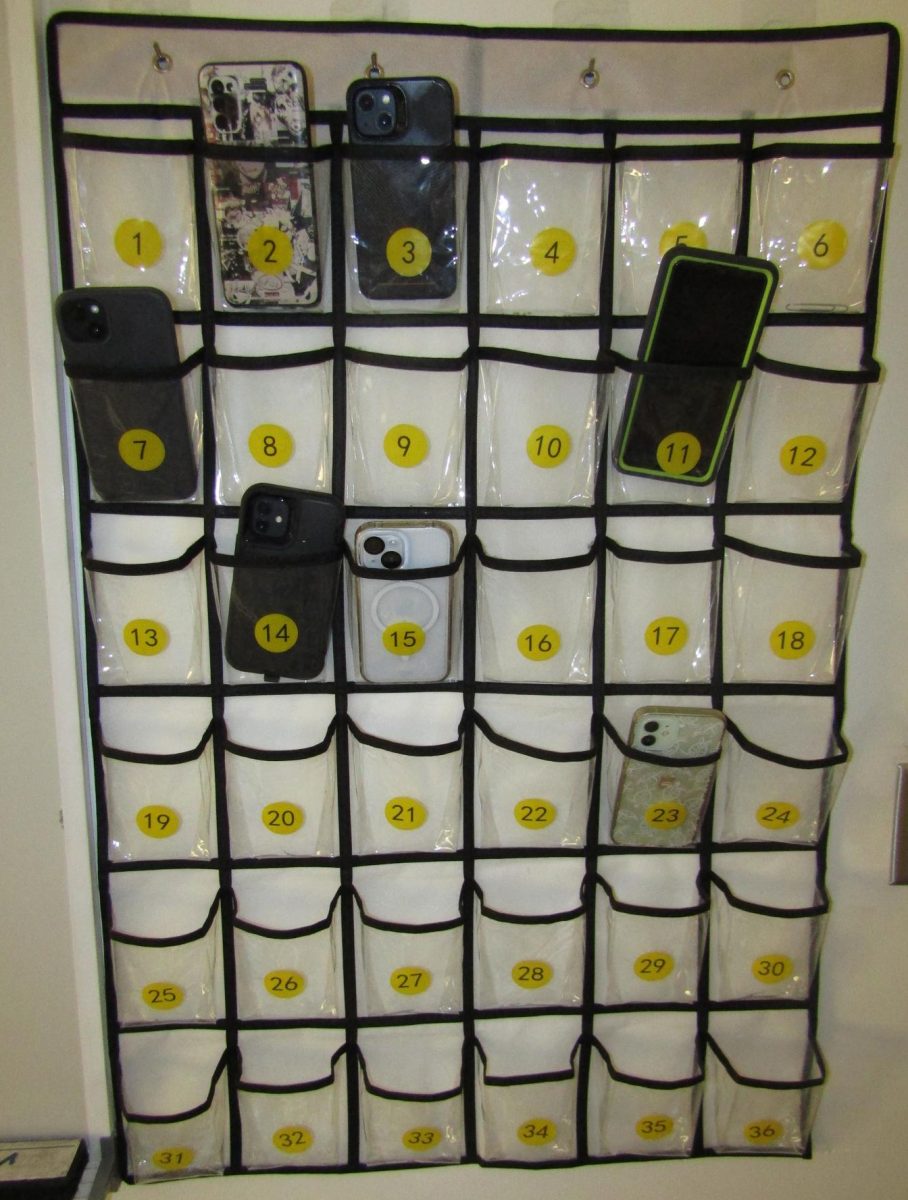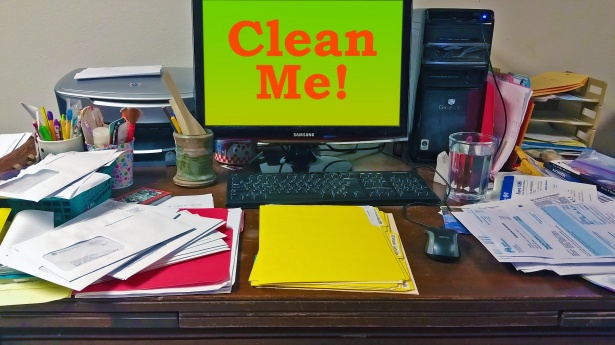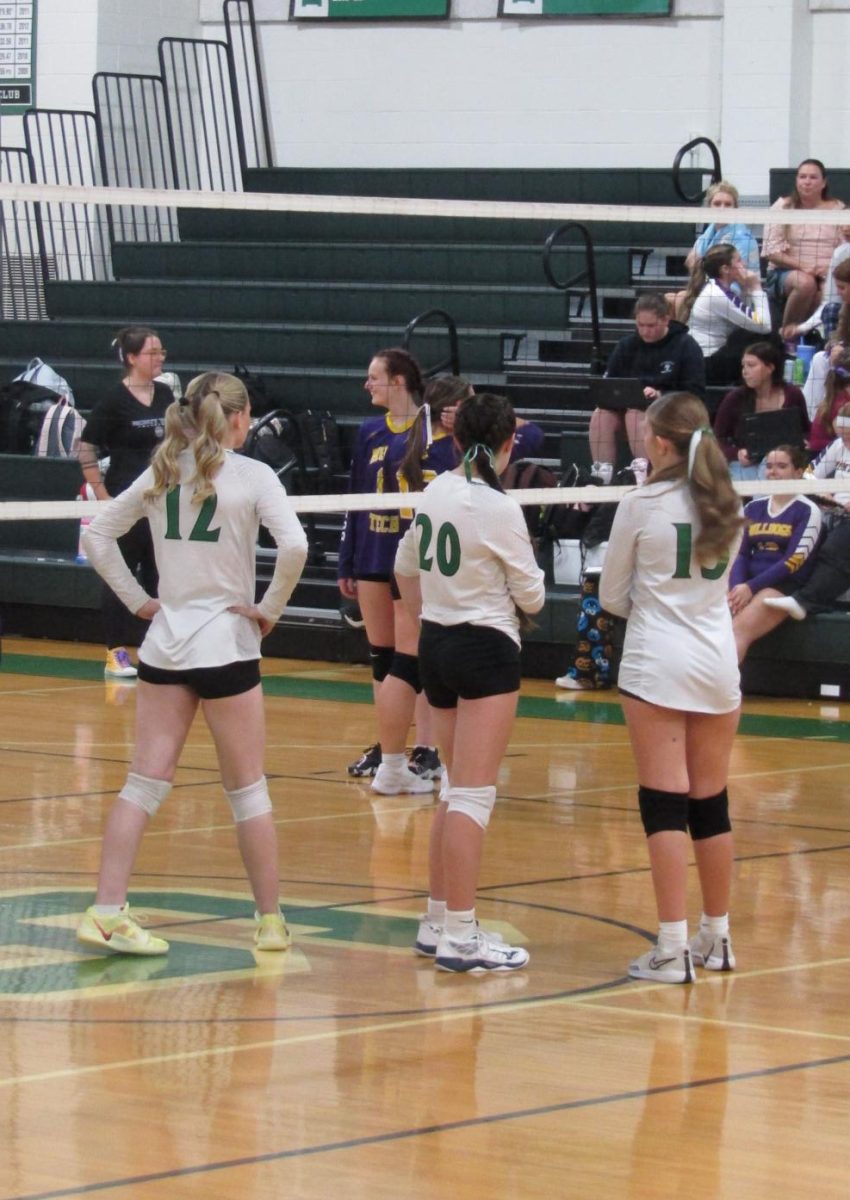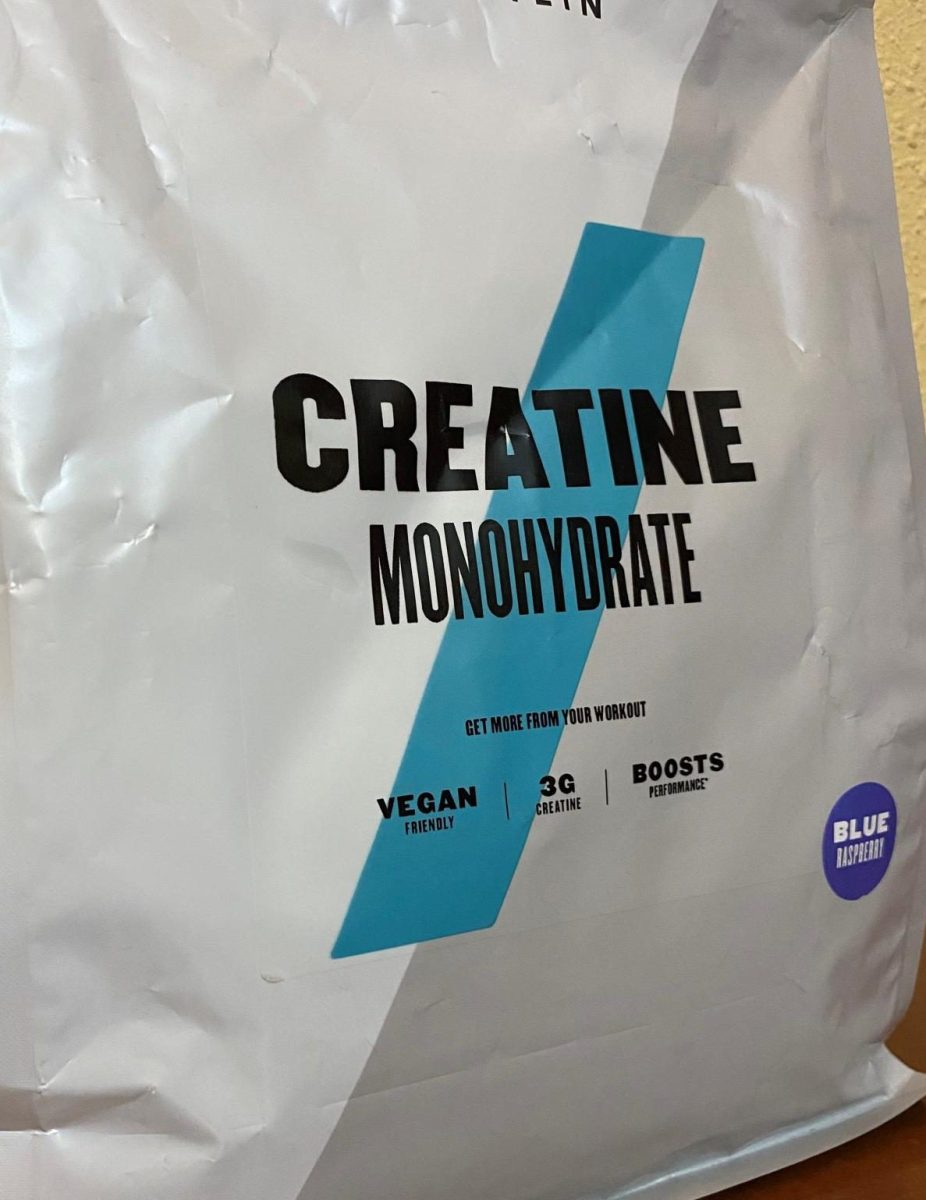Recapturing Social Media
What is it and how can we bring it back to its original purpose?
May 3, 2022
We all know the term, social media. Nowadays it is almost impossible to dissociate real life from what we see online. With the growing developments in digital media, people of all ages are getting caught in the addictive whirlwind that is social media.
We see forms of social media every day—whether it is from the abundance of TikTok trends, influx of social media influencers, and the ever changing online market. Good or bad, digital media is becoming an integral part of daily life. However, is what we see online today really what social media is supposed to be?
By definition, social media is a digital technology that facilitates the sharing of thoughts, ideas, and information through virtual networks and communities. It is internet-based, which gives users quick and almost immediate access to communication services, essentially bringing the world to our fingertips. Social media today has taken new forms and evolved significantly from its original purpose.
As of October of 2021, there were 4.5 billion social media users around the world. That is more than half of the world population of around 7.5 billion people. In today’s world, social media is ever-changing and continues to evolve with new apps and technologies.
The largest social media networks are Facebook, Instagram, Twitter, YouTube, and TikTok. On these apps, we see influencers, business advertisements and promotions, online shopping recommendations, viral videos, hot trends. The list of possibilities is endless and can be tailored to personal interests.
Social media originated as a way to interact with friends and family and anyone in the world with access to the internet. It gives us the ability to discover what is happening in the world in real time, connect with people and stay in touch with those outside of our immediate circle, have access to infinite amounts of information, and even make the world seem a little more approachable.
Social media has other benefits like providing platforms to reach a wider audience, and serve as an outlet for creativity. For example, businesses can build an online platform to reach out to people in a quick and easy way.
Social media is also a place to discover new sources of information and learning. It can provide people with an environment to promote worthwhile causes or raise awareness for important issues going on around the world. For some people, social media provides an outlet from ordinary life. It gives them the opportunity to express themselves in ways that go deeper than the surface level.
However, the assimilation of social media into daily life has its drawbacks with mental health being most prominently influenced by the influx of social media usage. Studies have shown a strong link between heavy social media, and an increased risk for symptoms of depression, anxiety, loneliness, self-harm, and even suicidal thoughts.
We can see the origins of this in the deceiving perception that people on social media portray. Some may have heard the phrase, “social media is fake”, as the images people post are often manipulated to look what we deem “perfect”. But by doing this, viewers can feel insecure in comparison to the picture perfect images they see online.
In a similar way, we should be conscious of the fact that people typically share only the highlights of life. Rarely do people share themselves struggling or at their low points. This flawed portrayal can lead to inaccurate ideas of what success and perfection should look like, when in reality there is no right or wrong way to live your life or one certain way you should look.
Social media has numerous other negative effects on mental health. Some people may experience FOMO, the fear of missing out, as they see others having fun or living better lives. These feelings can trigger anxiety, impair one’s self-esteem, and prompt more social media use. Isolation can also be connected to time spent on social media, as feelings of loneliness can increase. A study found that reducing usage can make you feel less lonely and isolated, and improve your overall well being.
As humans, we need those daily face-to-face connections. However, social media adversely disconnects us from personal relationships and those physical connections. Increasing the amount of time spent on social media can consequently lead to mood disorders, as the connections to reality become severed.
Likewise, we see the effects of cyberbullying in response to this disconnection. With the protection of a username, people are able to bully others in a way that is difficult to monitor. How hard is it for someone to leave an offensive comment on someone’s recent Instagram post? Or spread hurtful rumors over Snapchat? With the use of social media being as prevalent as it is amongst young people, the emotional damage that cyberbullying causes can leave these people with emotional scars.
Despite the negative aspects of social media, there are ways that we all can incorporate into our lives to make it good—or at least a better, more positive space for people to enjoy. Something as simple as spreading awareness of these issues can go a long way.
In recent years, people with platforms on social media have used their following to promote topics, including mental health, and to raise awareness to worldly issues and important causes. Seeing these people, that we idolize or respect, encouraging and acknowledging societal topics (good and bad) can help make the world feel a little more connected and approachable, while also educating others on such subjects in a way that has the ability to reach a wide variety of people.
Other ways that can restore social media to its original purpose is to limit the time spent on social media. Taking quick breaks and focusing on life in the present can make a lasting impact on mental health, but also your overall well being.
Spending more time away from technology may require more effort for some. However, there are many ways that we can monitor our time spent online, so we can take a break from the virtual world and step back into reality. This can encourage people to explore offline hobbies and interests that we do not get to exercise in our day-to-day life. Taking that step away from technology can also prompt us to make more connections with the people around us. Without the safety net of our cellphones, we might even interact with people outside of our inner circle, and with people we do know or get to see everyday.
The bottom line is that social media is a growing network that will most likely continue to evolve and take us with it. However, it is important that we are able to resist the gravity that is social media—to dissociate what we see online from what is right in front of us. Taking breaks from social media, and technology as a whole, may be the remedy some of us desperately need. So, I dare you: turn off your phone—for the day or for an hour—and see how you feel after. You might just do yourself a favor.






































